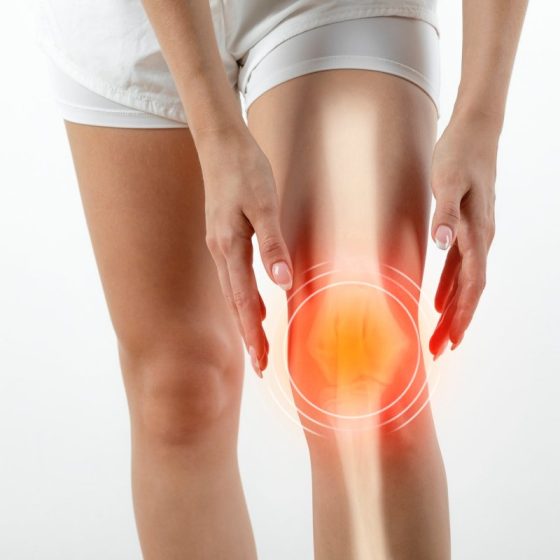Managing period pain
Key facts Period pain is common and can feel different from person to person. Heat packs, exercise and relaxation may help you manage period pain. Pain relieving medicines, hormonal treatments and other pain relief techniques can help. Talk to your doctor or pharmacist for advice. In some people, period pain is caused by an underlying health condition. Treating the underlying condition can relieve the pain. See your doctor if your pain changes, doesn’t respond to treatment or stops you doing your usual activities. What does period pain feel like? Period pain, also called dysmenorrhoea, is common. It can prevent some







